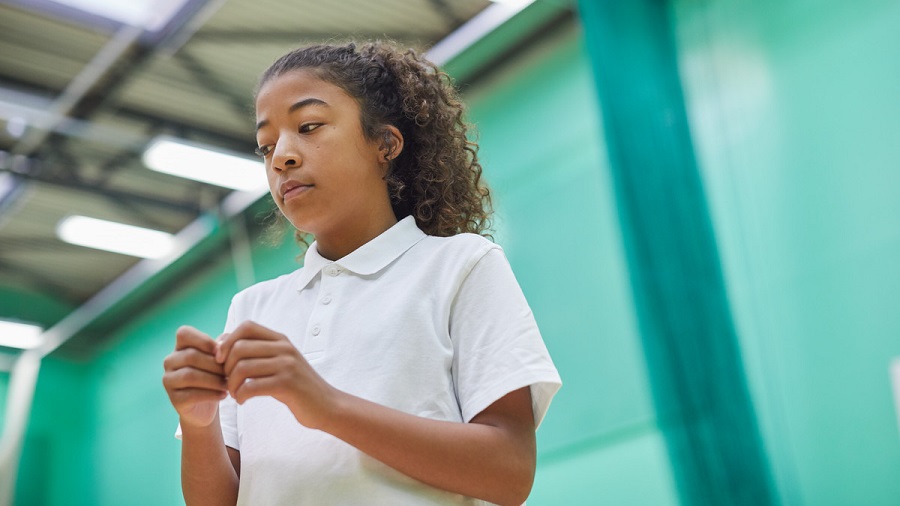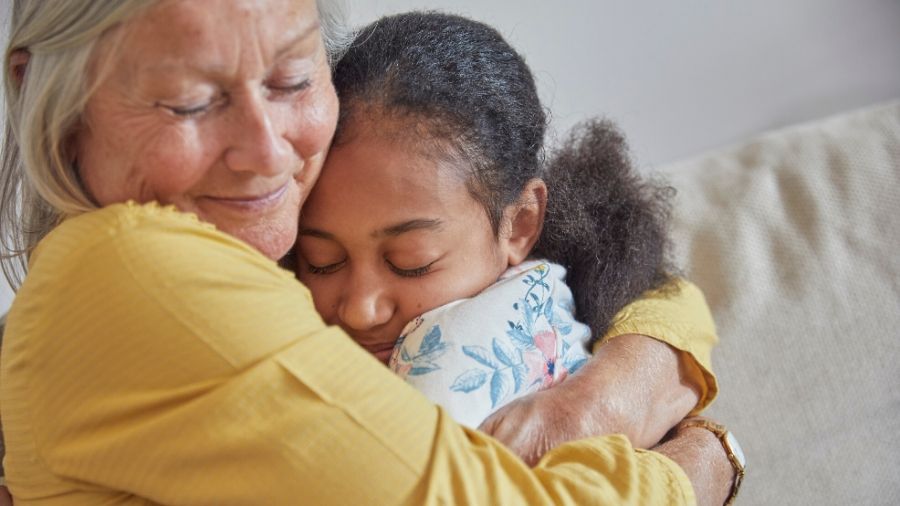Report Abuse in Education helpline has received 353 calls since opening on 1 April.
Contact the NSPCC Helpline
You can contact the NSPCC Helpline by calling 0808 800 5000, emailing [email protected] or completing our report abuse online form.
Due to an increase in demand across our service, our voice Helpline is currently available 10am–6pm Monday to Friday. You can still email [email protected] or complete our report abuse online form at any time for free. You don’t have to say who you are.
If you think a child is in immediate danger, please call the police on 999 straight away.
18 or under?
Childline offers free, confidential advice and support whatever your worry, whenever you need help.
Report Abuse in Education helpline has received 353 calls since opening on 1 April.

Commissioned by the Department for Education, our independently run Report Abuse in Education helpline was set up after thousands of testimonies alleging child sexual abuse and harassment in schools were posted on the Everyone’s Invited website.
Our helpline is available to support child and adult victims of abuse in schools to make current and non-recent disclosures of abuse or neglect. We're here if you're worried about something you've seen, if you're concerned for your child, or a professional looking for advice.
Estimates suggest around one third of all child sexual abuse is carried out by their peers1. Young people can be left feeling angry, upset and confused following sexual assault by classmates. Many children experience shame and guilt, often blaming themselves. The impact can last into adulthood.
Sexual abuse and exploitation is the most common issue reported to our helpline. Incidents range from pupils looking up their classmates’ skirts to sharing images of sex and rape. Parents have also contacted the helpline with concerns that safeguarding incidents have not been appropriately handled in schools.
We’ve launched a dedicated helpline for children and young people who have experienced abuse at school, and for worried adults and professionals that need support and guidance. Whether it's happening now or it happened in the past - call Report Abuse on 0800 136 663 or email [email protected].

One parent of a 14-year-old girl told the helpline:
"Just this week we received a visit from a police officer who told us they were investigating an incident of up-skirting by a male pupil at my daughter’s school.
We were told that a teacher had been searching this boy’s phone for something unrelated and discovered several pictures of up-skirting of different girls and the only girl that could be identified was my daughter.
As you can imagine, this came as a huge shock to us. We have no idea who the boy is or if the images have been shared anywhere.”
From the 353 calls we’ve received (up to 16 May), our helpline staff have made 65 referrals to external agencies like the police or social services. Our own staff come from a range of professional social care backgrounds and provide advice and guidance, referring cases to the necessary agencies to take action in cases of abuse or neglect.
Of those calls where information about the caller was known - more than half were adults or children who had experienced child sexual abuse or harassment and most were female. The majority of cases where referrals were made involved secondary school aged children or young adults.
Kam Thandi, NSPCC Helpline Head, said:
“It is absolutely vital that people feel comfortable to raise concerns about child abuse and harassment, including children themselves, and we thank everyone so far who has found the courage to contact the helpline.
Through these calls we have been able to provide much needed support, advice and, where necessary, to refer the information onto police and local authorities for further action.
We have also heard about the devastating impact this abuse can have later in life if it’s not addressed and have been able to share our experience and expertise to help with the recovery process.”
Education Secretary Gavin Williamson said:
“I want all victims of abuse to be supported and feel confident to report any allegations. That is exactly why we set up this additional specialist NSPCC helpline - so there is a dedicated route for raising concerns or reporting an incident which may require appropriate action from authorities.
Ofsted is also undertaking a review into safeguarding measures in schools and colleges which will be published shortly.”
1. Hackett, S. (2014) Children and young people with harmful sexual behaviours. London: Research in Practice.